|
Experiential learning resources for the innovative educator
Inquiry-based learning is a classroom or homeschool teaching strategy that puts students in the driver's seat. Rather than deliver students with tidbits of information that they may or may not resonate with, they ask their own questions about topics that interest them and stimulate curiosity. But how do they come up with GREAT questions? How to Write Deep and Meaningful Questions for Inquiry-Based LearningThe purpose of inquiry-based learning is to engage students in student-centered and meaningful learning experiences. Asking good questions moves students away from surface-level learning. When students ask great questions for inquiry-based learning experiences, they get to the heart of the concepts or the issues; the parts that matter not just in general, but those that matter to the students. Personal applicability and meaning that are achieved through student-asked inquiry-based learning questions are what learning is really about, in my opinion. But what does this look like in practice? Students make an observation or are presented with an idea, a visual, a question, a topic, or any other prompt. They ask questions about what they're seeing, feeling, or experiencing. Those questions become the framework for exploration, which might take the form of student-led project-based learning, experimental inquiry, problem-based learning challenges, etc. Example of Turning Curiosity into Questions for Inquiry-Based Learning An Observation is Made: A couple of days ago my children and I were walking around our neighborhood observing the fall colors. My son noticed a bald eagle flying above us. That eagle eventually perched in our neighbor's tree directly next to another eagle. Right at that moment, we watched a battle ensue between the eagles and then heard a thump! Upon inspection, we saw that the eagles had been fighting over (what we believe was) a muskrat. One of the eagles flew away, while the other continued to sit in that same tree, likely waiting for us to leave so that it could snag the muskrat that we were standing next to, inspecting. Eventually, the eagle flew away, and when we came back to our neighbor's yard hours later, the musrat was still there. The eagle never came back to get it. Questions Emerge: Those that observed the interaction between the eagles and the muskrat started spouting off questions. My four-year-old said she felt sad for the rat, and my son's response was "don't eagles need to eat?" This question opened the door for an inquiry-based learning investigation about the food chain and predator/prey relationships. My son also asked why the eagles were fighting. Simply put, they were fighting over food, but this surface question could easily turn into a deeper exploration into intra-specific competition and population dynamics. I personally questioned if our presence cost the eagle its meal. If we hadn't been standing there would the eagle have returned for the rat? This question could be refined into a more detailed driving question about animal behaviors, the influence of humans on local ecosystems, whether humans should interfere with natural phenomena, and how that interference may affect the natural balance of the ecosystem. Each of these questions, with guidance and additional prompting questions from the facilitator (teacher, parent, etc), has the potential to become a deep and meaningful framing question for an inquiry-based learning experience. Asking the Deep Questions for Inquiry-Based Learning: Making detailed observations inspires inquiry investigations. These observations trigger student-driven questions, those personal to every child. As I mentioned in my example, my eldest, youngest, and I all asked very different questions than each other. We experienced the same phenomenon but asked different questions because we are different people. That is the beauty of inquiry-based learning. It is personalized. Not one person's question is better than another's. BUT not all questions are created equal as it relates to inquiry-based learning experiences. How do students formulate questions that lead to deep and meaningful inquiry learning experiences rather than shallow, surface-level experiences? Some questions are better than others when it comes to asking effective inquiry questions. Let's go over a few together... 1) Is an eagle a predator? "Is" - This question only gets at the surface of the concept. The student can easily answer the question with one Google search and the experience is over. 2) Do eagles eat rats? "Do" - Same idea. Do eagles eat rats? Yes. Investigation over. 3) What do eagles eat? "What" - This sort of question, one that begins with "what", "who", and "when", can be answered easily with little room for interpretation. You discover that eagles eat rats, rabbits, other birds, and road kill. But the why isn't addressed, which makes this question pretty basic. 4) How did the eagle get that rat? "How" - You do a little research about the hunting techniques of an eagle, and maybe even dig into its evolutionary history. Asking "how" goes slightly deeper than "what" or "where", but is still not very substantial. 5) Why does the eagle want to eat the rat? "Why" - This "why" question encompasses all of the questions asked before it. This question is slightly more sophisticated and would take time to answer. It gets into the interconnectedness of life on earth, the food chain, animal behaviors, the eagle's evolutionary history, and so on. 6) Should humans interfere with the predator/prey relationship? "Should/would" - This "should" question is more philosophical, but it gets at a deeper exploration of species, interconnectedness, niche, adaptations, symbiotic relationships, the complexities of predator and prey relationships, coevolution, and yes, the role that humans play in the natural world (which is written in NGSS). This question is specifically directed toward the effect that humans might have on the natural balance of the ecosystem, if they were to protect a rabbit from the talons of an eagle, for example. This question requires critical thinking and analysis, an understanding of the predator/prey relationship, ecological communities and populations, evolutionary history, and an examination of the scientific research that is already out there, as well as the varying perspectives among community members and experts. This is a great inquiry question. Try This Inquiry-Based Learning Exercise with Your Students: Encourage these deeper questions by having students go through the following exercise: Have students make a simple observation such as "The leaves on the tree are turning yellow." If students are overwhelmed by the freedom given to them, consider giving them a prompt to start with such as a written statement or a prop. Then they can begin to ask questions starting with basic "what", "who", and "when", then move on to "how" and "why", and finally ask those rich questions starting with "should" or "would" that can become the driving question to a comprehensive inquiry exploration. The process of working through each type of questions (what, how, who, when, why, should, would, etc.) makes the experience more comprehensive. It is not as if knowing "what" eagles eat is a bad thing. Knowing the "what" scaffolds students to the deeper questions. Applying Questions to Inquiry-Based Learning Experiences: Not long ago I wrote a post about teaching methods that embrace and promote inquiry. Project-based learning mentioned as one of those inquiry-based learning activities is my go-to learning experience for my high school students. The backbone of a project-based learning experience is the driving question. The deep and meaningful questions that students arrive upon in the above exercise can be the framework of any PBL driving question. You could simply ask students to research a specific topic, but a driving question offers purpose to the experience. PBL driving questions include a who, an action, and identifies the purpose of the experience or the audience that is impacted by the experience. Example: How could my class educate the local community about, and include the community in preventing human interference with local wildlife? In this example, I took that "should" question and turned it into the foundation of a deep and meaningful project-based learning experience. The big difference between this driving question and simply researching the topic of eagles as a local predator is in the purpose. The purpose is to bring the community together to work toward a common interest, which is protecting local wildlife. Asking questions is inquiry. I hope this has been helpful in paving the way for purposeful student-asked inquiry questions that launch outstanding inquiry experiences. Reach out anytime with questions. In what ways do your students find the questioning process challenging? What are some successes or favorite inquiry questions you have heard in your time as an educator? Share your stories! Inquiry-Based Learning Resources: Inquiry-Based Learning Blog Posts: Join our experiential learning Facebook group!
Did you know there is an experiential learning Facebook group? Check that out - Experiential Learning Community for K12 Teachers - and join in the discussion about experiential learning ideas! Find us on social media! Follow Experiential Learning Depot on Pinterest, Youtube, and Instagram for more on experiential education, and check out my shop for experiential learning resources. Observe. Question. Explore. Share.
3 Comments
11/10/2020 05:35:01 pm
This is really great for people who have no idea how to do this. I am a person who has little idea about how to write stuff like this, so I am glad that this is a thing. I understand that everything can learned. I will try to work as hard as I can so that I can make this a reality. I hope that I do manage to do it soon. I want to be great at what I do.
Reply
Sara (Experiential Learning Depot)
11/11/2020 08:34:29 am
It sounds like you have a great attitude to be good at anything you do! Thanks for reading, and good luck to you!
Reply
Your comment will be posted after it is approved.
Leave a Reply. |
Blog IntentTo provide innovative educational resources for educators, parents, and students, that go beyond lecture and worksheets. AuthorSara Segar, experiential life-science educator and advisor, curriculum writer, and mother of two. Categories
All
|
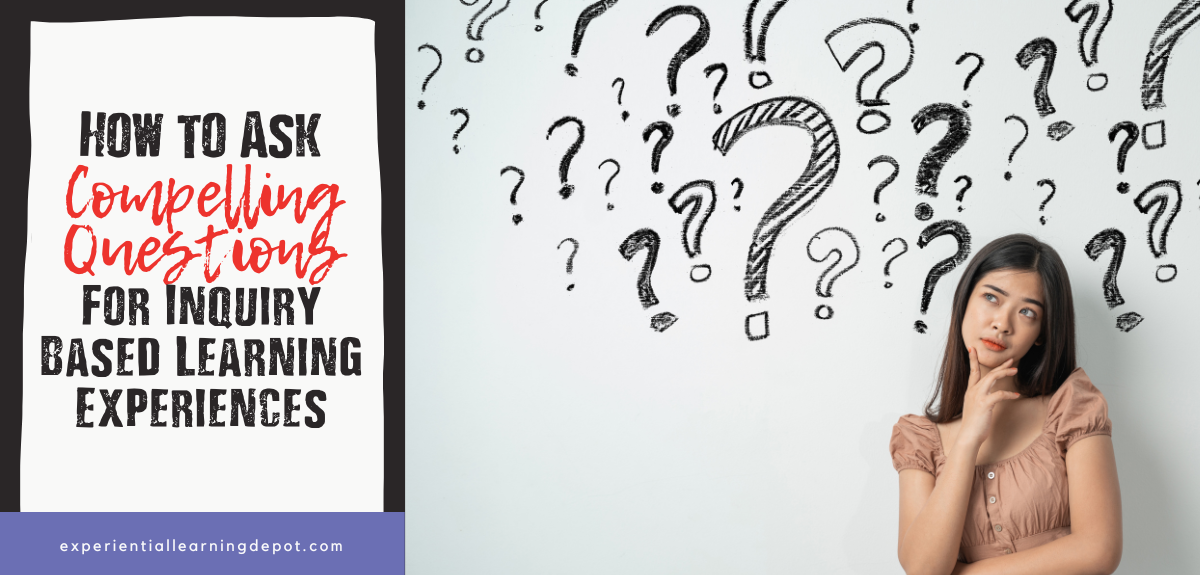
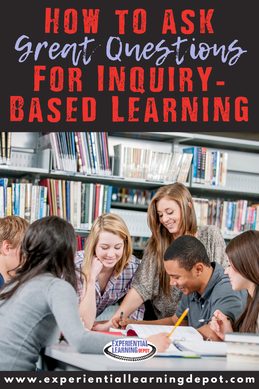
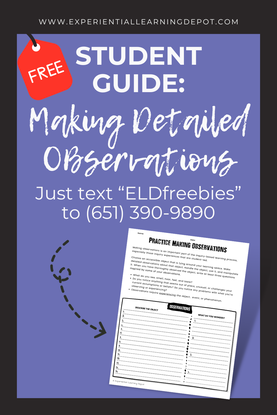
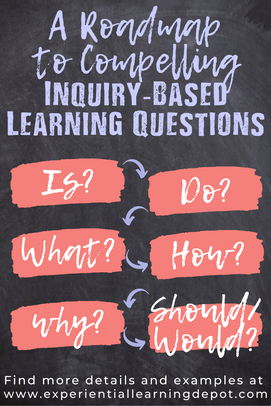
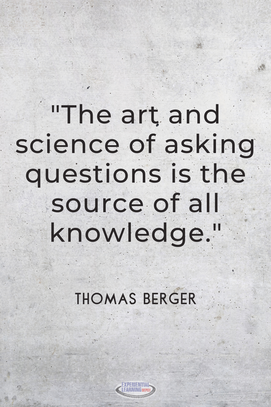
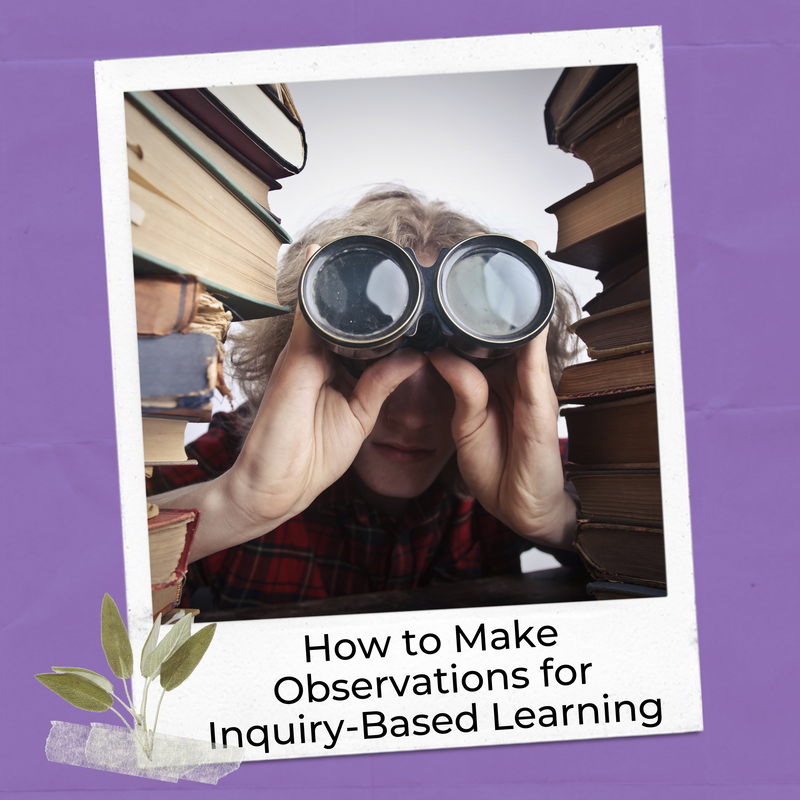
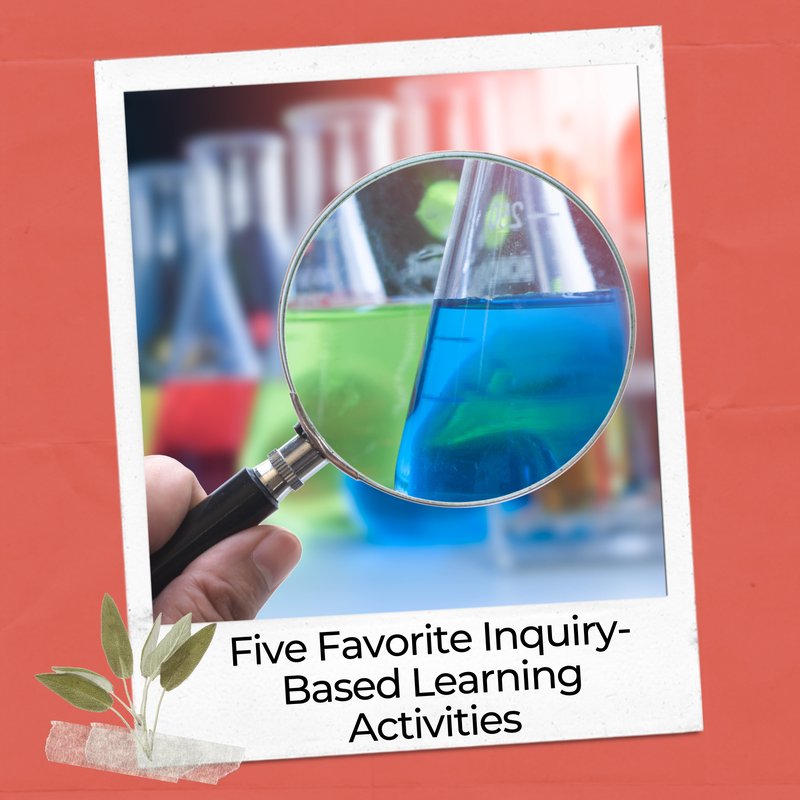
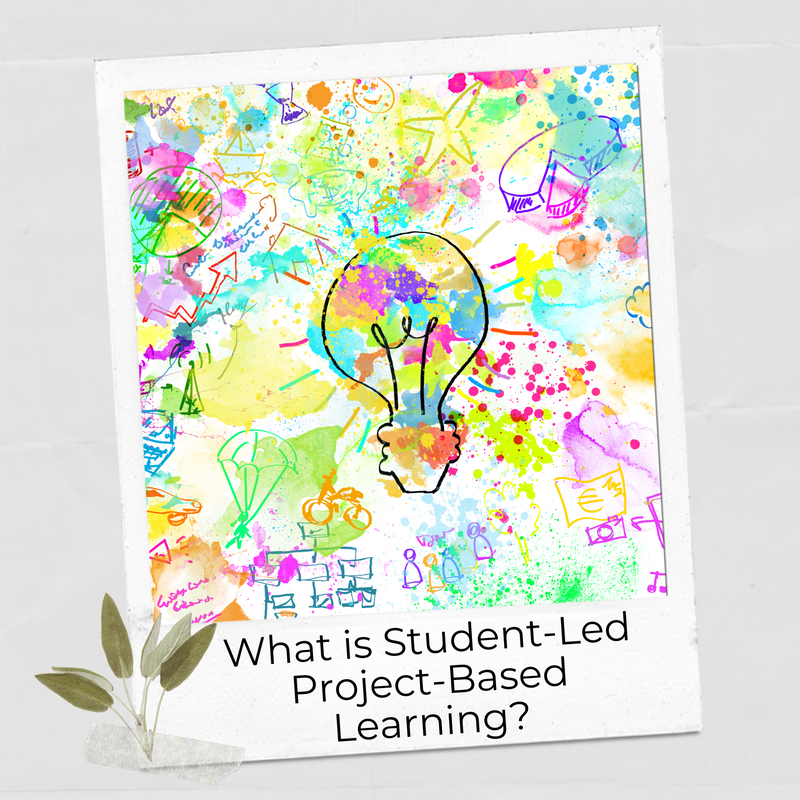
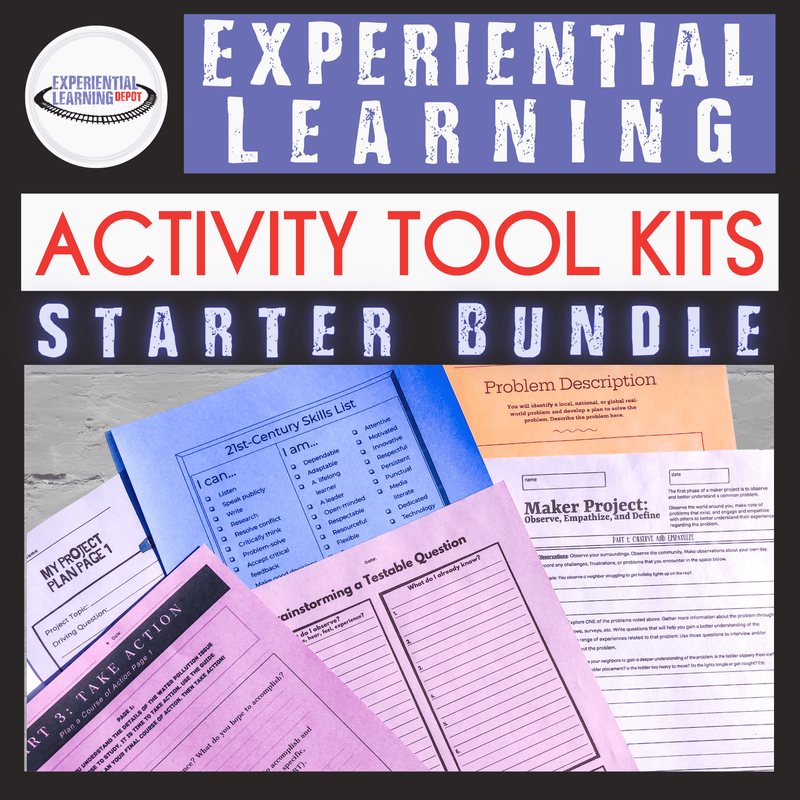
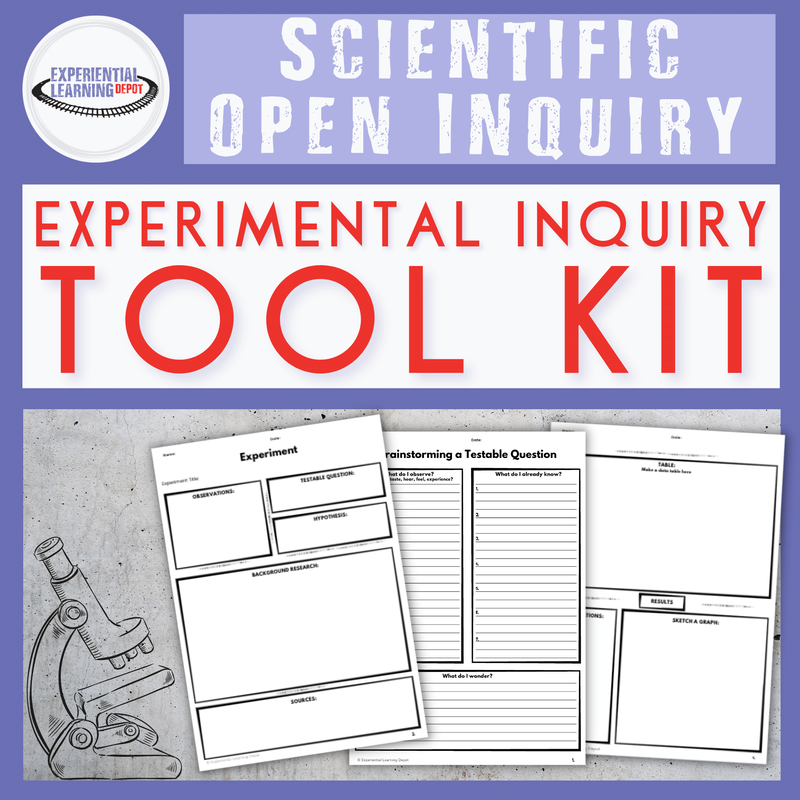
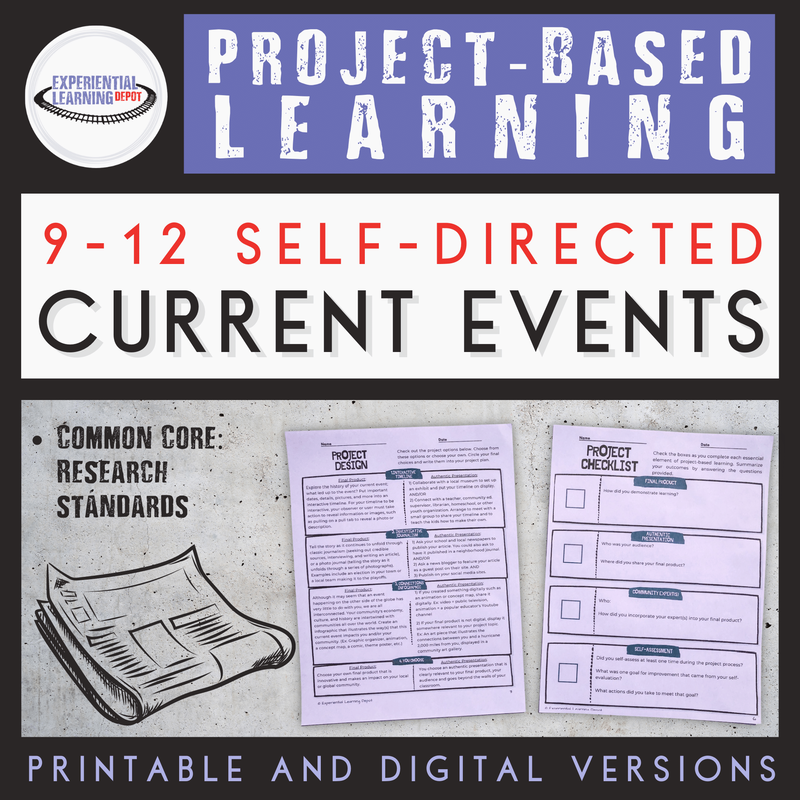
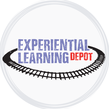
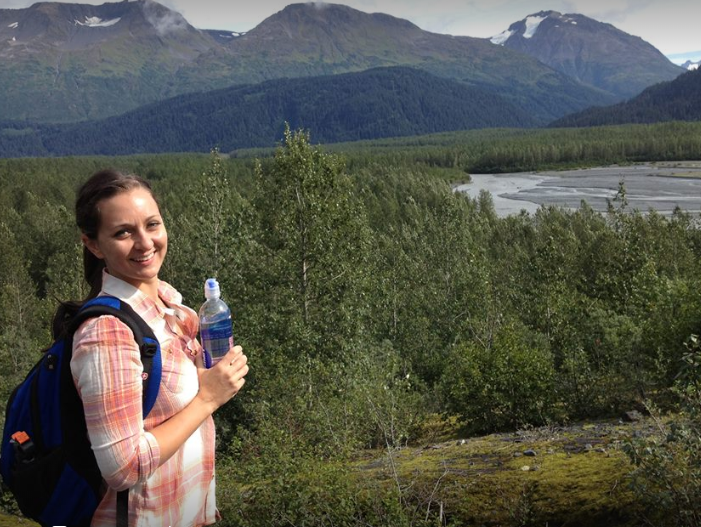
 RSS Feed
RSS Feed